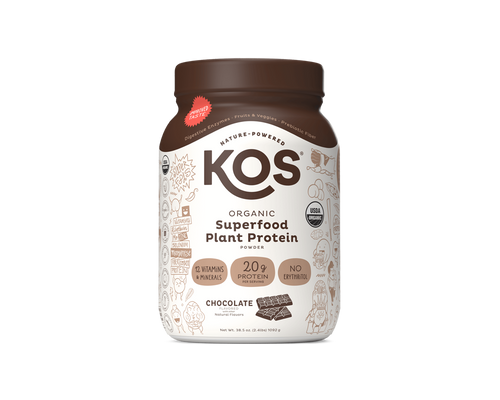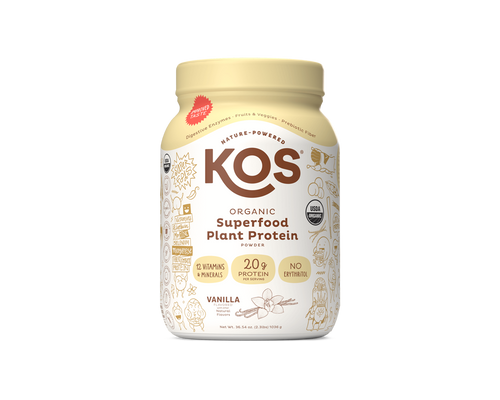Table of Contents

Vegetarians, vegans, carnivores — it seems safe to say that nobody is willfully cruel when choosing what to eat, wear, and accessorize. But blissful abandon is hardly a viable stance in a world of living, feeling animals born and raised to serve us.

How many thousands of YouTube videos show ”dumb animals”—cows, ostriches, goats, horses, owls, bears, ferrets, pigs, lions — demonstrating starkly recognizable affection for human beings?
When the loving donkey runs braying with pleasure to nuzzle his human friend, we are surprised and moved. It is as if humans invented love, and have long since claimed it as a proprietary emotion.
Cruelty-Free: an Elusive Goal
Our sheltered naïveté on the subject of our fellow animals is so profound it’s almost charming — if only the depth of our misunderstanding didn’t lead to such calamity. When we aren’t eating animals, we are using them as proxy humans for product development and well-intentioned medical research.
Once the idea enters your reality that you may be regularly enjoying a product or service at the expense of someone else's torment … it can and should give you pause. It doesn’t have to turn your life habits upside down, though. Enlightenment can be both means and end.

Conscious Consumption
As the consumer has become more and more aware of how commercial interests use animals to perfect our purchased products, ethicists and marketers alike have adopted the “cruelty-free” label as a lever to get us to consume consciously - or in some cases just to disingenuously compel us to a product line that ultimately turns out not to be cruelty-free at all.
So as commercial interests swarm us with messages of questionable truth — what are we talking about here? What does a genuinely “cruelty-free” status mean for a product, and when might the term be cynically employed just to boost business?
Peter Singer, Animal Liberation, and Speciesism
Cruelty-free consumerism refers to willfully choosing a product that has been researched, developed and produced without having harmed, tormented, or killed an animal. The idea that we begin thinking of animals as our roommates here—and not just breathing objects for our “use” — got perhaps its most populist airing with the publication of philosopher Peter Singer’s 1975 book Animal Liberation.

In the book, Singer basically contends that an animal's rights should be based on their capacity to feel pain, more than on their depth of cognition or ability to "reason". After all, we exercise judicial mercy with human murderers if it can be shown their faculties are compromised.

Singer argues from the ethical philosophy called utilitarianism—whose roots go back to classical Greece, but which wasn’t formalized as a philosophy till the 19th century.
Utilitarianism sees happiness as the end goal of all decision-making, and the philosophy asks us to make moral choices based on which outcome will do the most to maximize happiness and well-being for all affected individuals.
Singer saw no reason not to apply this principle to nonhuman animals.
The book also popularized the word, and the idea, speciesism. Though the word had been previously coined by animal rights activist Richard D. Ryder, Singer gave the word and its moral gravity a thorough exploration in his book — and in plain language that seemed to capture the public's imagination at that time. What does it mean?
We're horrified at the idea of the family dog suffering the conditions of a factory farm, but it just seems natural that a cow or pig should undergo that experience. Speciesism is the logic-free, reflexive sense that one species is more deserving of ethical consideration than another.
Medical Research: Out of Sight and Out of Mind
Our most common form of animal oppression is surely the factory farming of our meat, but animal torment notably takes place in laboratories doing medical research and seeking cures for human diseases. Non-human animals are widely used (as is widely known) in this medical experimentation.

The explanation of this practice is that animals are reasonable analogs of human biology, and that the data outcomes of these experiments provide inarguable benefits for human health.
But introducing diseases to animals that are not naturally predisposed to those diseases —by genetic manipulation or by manually infusing the animal with the disease being studied—can lead to unreliable outcomes, or results that have to be laboriously parsed to assure the outcome is not genetically unique to the animal subject. For this reason, 92% of the experimental drugs that look promising in animal studies never reach the marketplace.
Of course, cruelty is never the object. But our second-nature assumptions about other animals drive us to blandly "use" them — for medical research, cosmetics research, and other uses.
There are tests performed on animals because the species is considered a close analog to a human being. But if the eye of a test animal, for instance, is structurally or chemically non-identical to a human’s, and a corrosive material is placed in the animal’s eye, this torturous test yields no useful information for the humans in whose interest the tests are performed.
Or in toxicity tests, when lab animals are fed, manually pumped full of, or made to inhale massive quantities of toxins, those administered proportions are unrelated to human, real-world situations. These tests my sate scientific curiosity, but when test results are non-transferable to a human outcome, the testing has no pretense of value.
Intelligent and Complex: Factory Farm to Table
Even those of us who feel fondness for animals will often look at livestock — cows, pigs, chickens, goats — and see blank-faced non-beings absently munching feed. We deeply humanize our dogs, cats, goldfish, even our bearded dragons! But the animals we eat are another, indefinable category. The animals we eat don’t seem to capture our emotional attention.

When appealing to our mercy so that we may think more humanely of how animals are treated, animal ethicists inevitably try to humanize the animals; assuring us, for instance, that elephants are intelligent, have long memories, and exist within surprisingly complex social structures.
It is as if animals have incrementally more right to a pain-free life the closer they are to recognizably human conventions. Pigs, we’re assured, are intelligent and complex, and have a surprising emotional capacity. We’re told pigs feel happiness, excitement, and fear. You don’t say. That we have to be convinced of this says everything about how we have fallen away from our own natures.
Prisoners
Any moment you pause to think about it—on any given day, that is—there are 75 million pigs in the U.S. packed into farms like inanimate objects. But let’s stop right there.
The travails of pigs, cows, chickens, and all the other animals born only to be eaten or otherwise sacrificed for humankind's "greater good" — these facts are broadly known. Everyone is familiar, to one degree or another, with how livestock makes it to the plate. Cataloging the brutality of factory farming is a numbing ritual in its own right, one that makes us complacent, ironically.
Knowledge is Individual Power
Less widely known is the degree to which meat is also desolating the surface of the Earth, as vast stretches of land are set aside, cleared, and dedicated to raising livestock — a resource-vaporizing practice that ignores starving human populations in order to feed cows.

Not everyone is ready or willing to pivot from meat to the stuff that gives meat its protein — a life form we call plants. But let’s all do our homework and become aware enough of the facts and issues that we may make conscious choices. Otherwise we are the prisoners of our own willful ignorance.
This is not a screed about meat eating. Meat eaters are no more evil than kale enthusiasts. We don’t necessarily have to give up meat, and an insistence on that outcome is not going to move the needle. Flexitarianism is an example of a consciousness of purpose that simply aligns personal habits with an enlightened view of the bigger picture.

Life is a Big Deal
We've looked outward from Earth to the edges of our solar system and the place doesn't seem to be exactly teeming with life. The universe is said to be homogeneous and isotropic -- the same wherever you go, and wherever you look. If our little solar system is a fractal of life's distribution throughout space and time, living systems are weird, precious, and rare. Living things are gems.
We owe it to ourselves—and to the voiceless animal kingdom—to live life with our eyes open to how all living things are affected.






